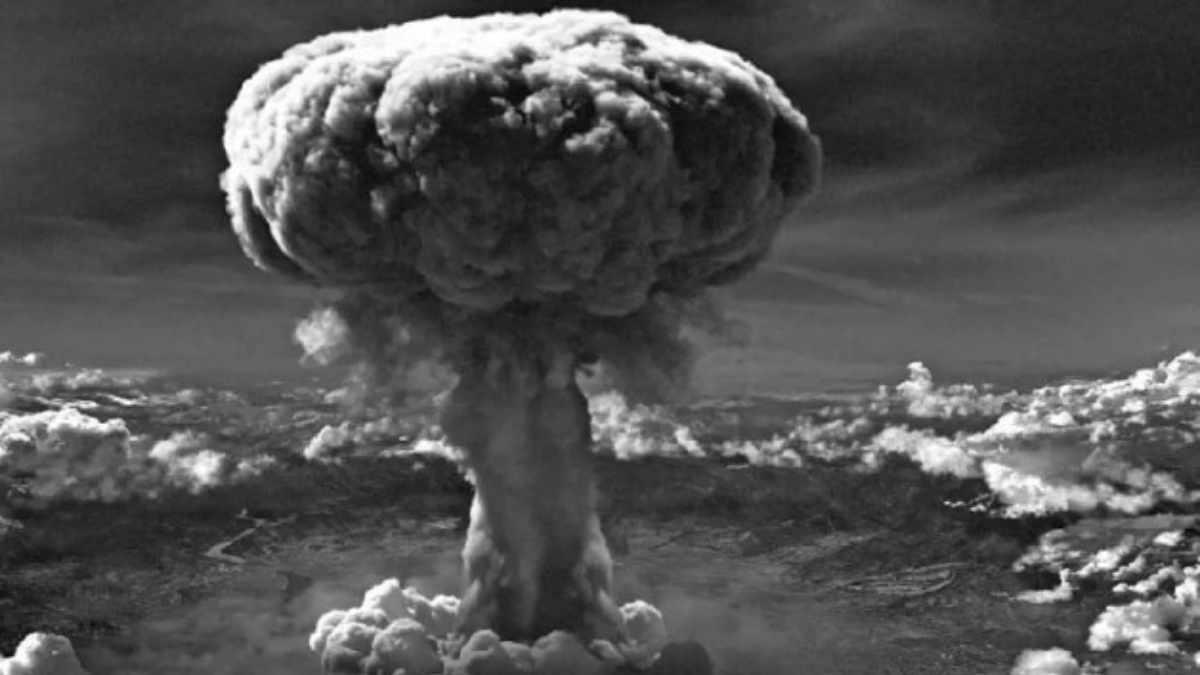Table of Contents
Hiroshima Day is observed annually on 6 August to commemorate the bombing of Hiroshima during World War II and to promote peace and nuclear disarmament. This day marks the anniversary of the atomic bomb dropped on Hiroshima, Japan in 1945.
Hiroshima Day 2024
On August 6, 1945, during World War II, a U.S. B-29 Superfortress Enola Gay dropped an atomic bomb code-named “Little Boy” on Hiroshima, Japan, resulting in an estimated 140,000 deaths. Years have elapsed since then and every year the world remembers August 6 as a day of solemn remembrance and reflection. This day stands as a poignant reminder of the cataclysmic impact of nuclear warfare and the urgent call for global unity in pursuit of peace and disarmament.
History of Hiroshima Day
- Date of the Bombing – 6 August 1945.
- Event- The United States dropped an atomic bomb named “Little Boy” on Hiroshima, leading to unprecedented destruction and loss of life.
- Casualties-Immediate casualties numbered around 70,000 to 80,000 people with many more suffering from injuries and radiation-related illness in the subsequent years. The total number of deaths by the end of 1945 was estimated to be around 140000.
- The atomic bombings of Hiroshima and Nagasaki, marking the end of World War II, demonstrate the devastating power of nuclear weapons. These were the only instances of atomic bombs used in conflict, causing unimaginable destruction, and giving rise to a unique survivor group, known as hibakusha.
- On 6 August 1945, at 08:15, the first ever atomic bomb was dropped on the center of Hiroshima. ‘Little Boy’ was a gun-type atomic bomb. It used a simple design by firing one piece of uranium 235 into another, triggering a powerful explosion with about 15 kilotons of force. Upon detonation, it produced a fireball that raised temperatures to 7,000 degrees Celsius. The blast also generated shockwaves exceeding the speed of sound. These shockwaves, coupled with the radiation released, killed thousands, and transformed Hiroshima, a city with wooden and paper buildings, into a fierce inferno. After the explosion, a heavy downpour of black rain, carrying radioactive fallout, caused widespread contamination. Those who approached the blast’s epicenter in search of the missing were exposed to this radiation.
Significance of Hiroshima Day
Remembrance:
- Honoring Victims: The day is a time to remember and honor the victims of the bombing and to acknowledge the suffering endured by the survivors.
- Commemoration Ceremonies: Memorial services and ceremonies are held in Hiroshima and around the world often including moments of silence, prayers, and the reading of messages from survivors.
Promoting Peace:
- Anti-Nuclear Advocacy: Hiroshima Day serves as a platform for advocating for nuclear disarmament and the promotion of global peace.
- Awareness Campaigns: Various organizations use this day to educate people about the dangers of nuclear weapons and the importance of preventing future also.
Education:
- Historical Events: Educational events and activities are organized to teach about the historical events of Hiroshima and the broader implications of nuclear warfare.
- Survivor Testimonies: Testimonies from survivors, known as “Hibakusha,” are often shared to provide personal insights into the effects of the bombing.
Hiroshima Day Observance
In Hiroshima:
- Memorial Ceremonies: The Hiroshima Peace Memorial Park hosts a Peace Memorial Ceremony, attended by government officials, survivors, and visitors.
- Peace Flame: The Peace Flame in Hiroshima’s Peace Memorial Park is kept burning to symbolize the city’s commitment to world pace and the abolition of nuclear weapons.
International Observance:
- Educational Programs: Schools and organizations around the world often host educational programs and events to discuss the historical impact of the bombing and the importance of peace.
- Media Coverage: Various media houses provide coverage and documentaries about the event of Hiroshima, highlighting personal stories and historical analysis.
Hiroshima Day is a poignant reminder of the horrors of nuclear warfare and serves as a powerful call to action for peace and disarmament.
Important Days in August 2024: Find More Important Days Here.




 GA Capsule for SBI Clerk Mains 2025, Dow...
GA Capsule for SBI Clerk Mains 2025, Dow...
 The Hindu Review October 2022: Download ...
The Hindu Review October 2022: Download ...
 Upcoming Bank Exams 2025, Check Full Lis...
Upcoming Bank Exams 2025, Check Full Lis...


